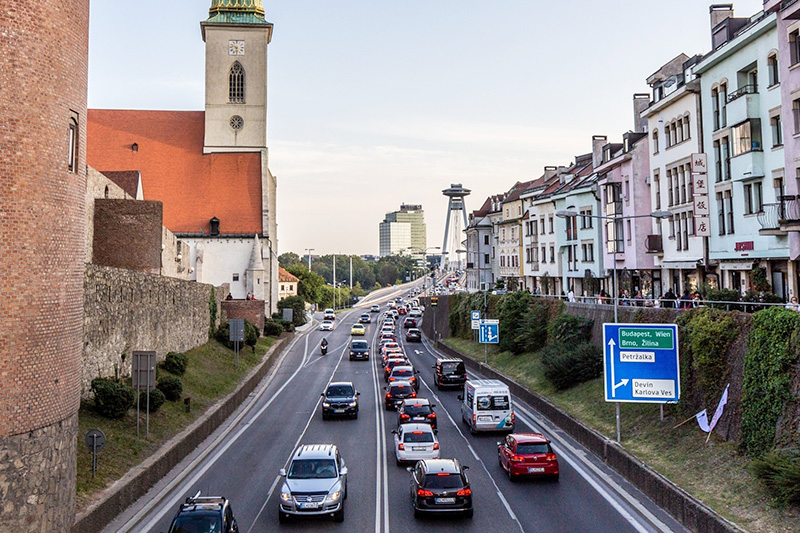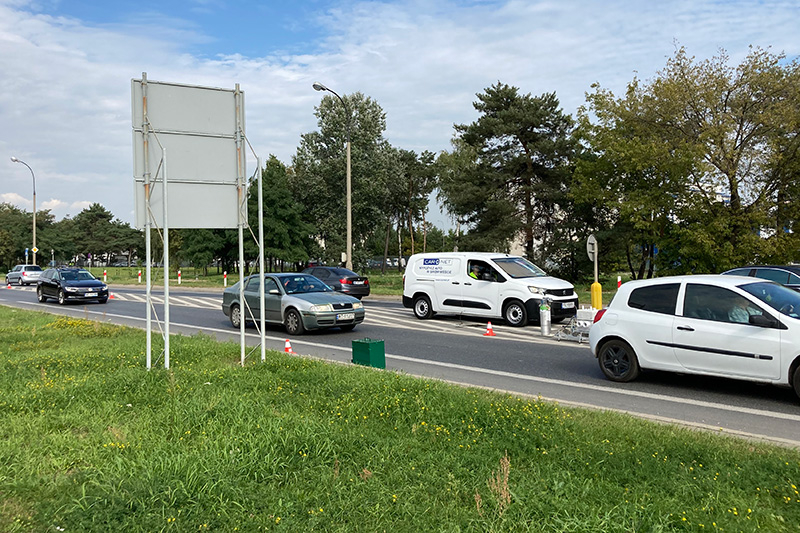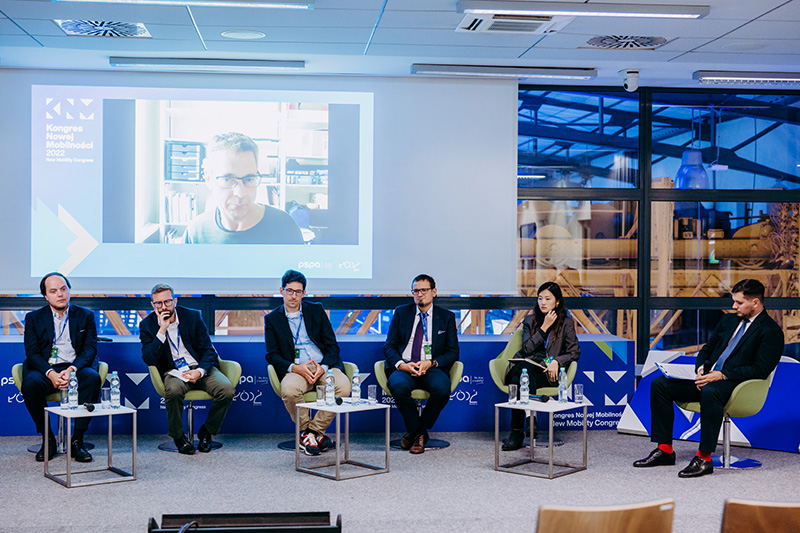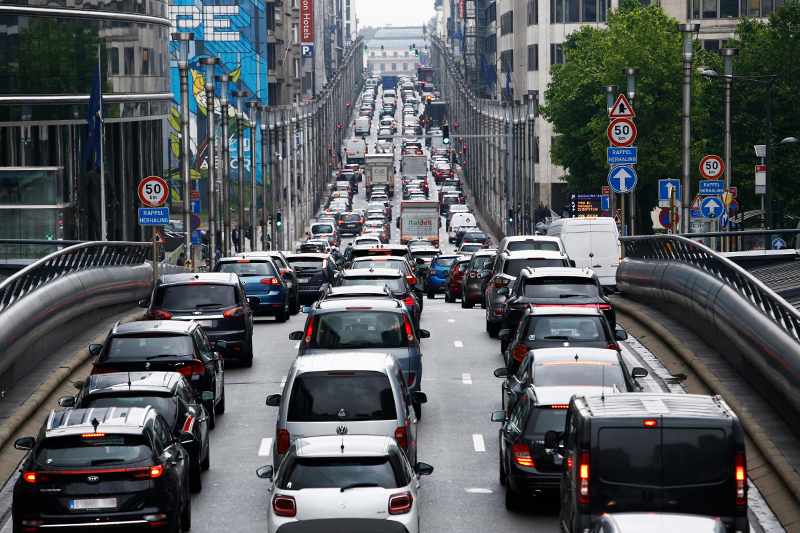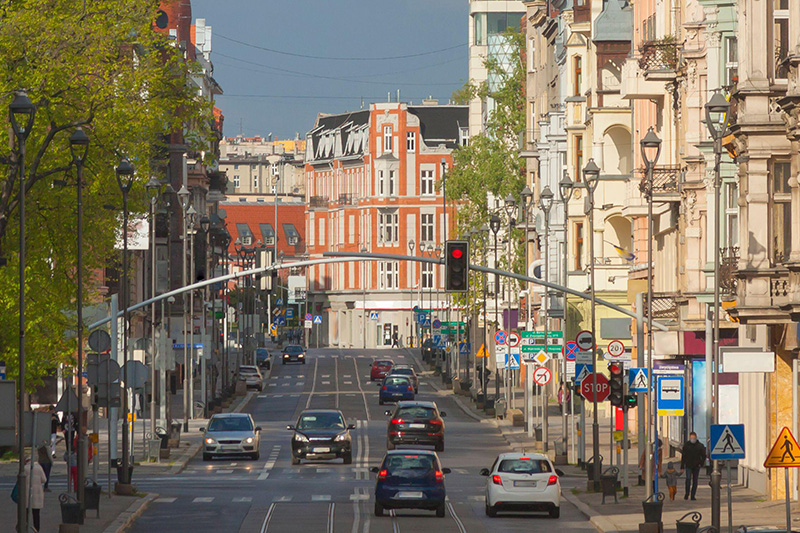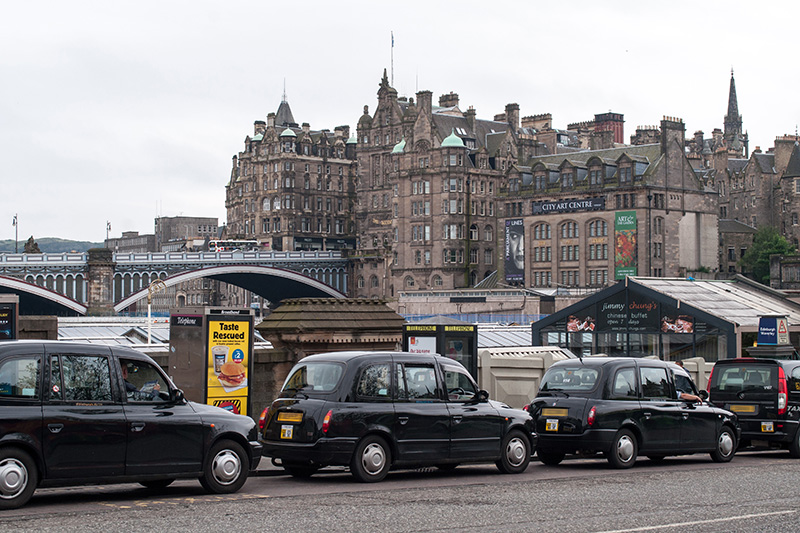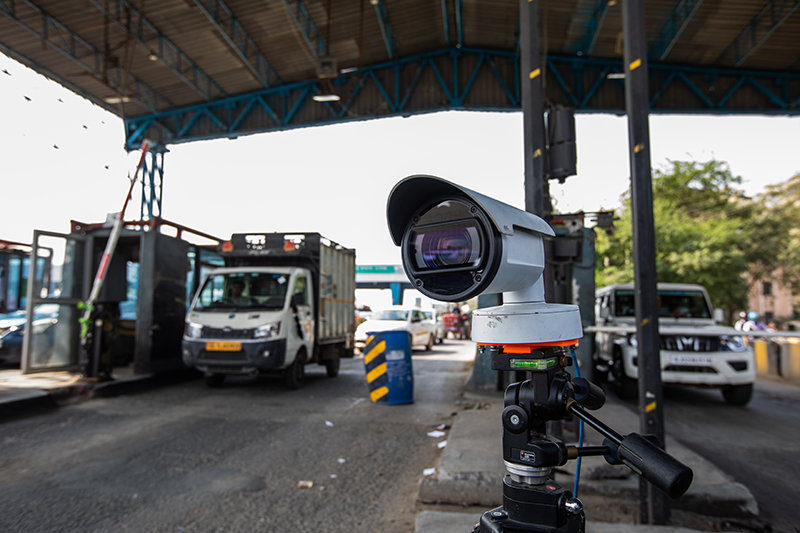TRUE at LIFE GySTRA conference in Madrid
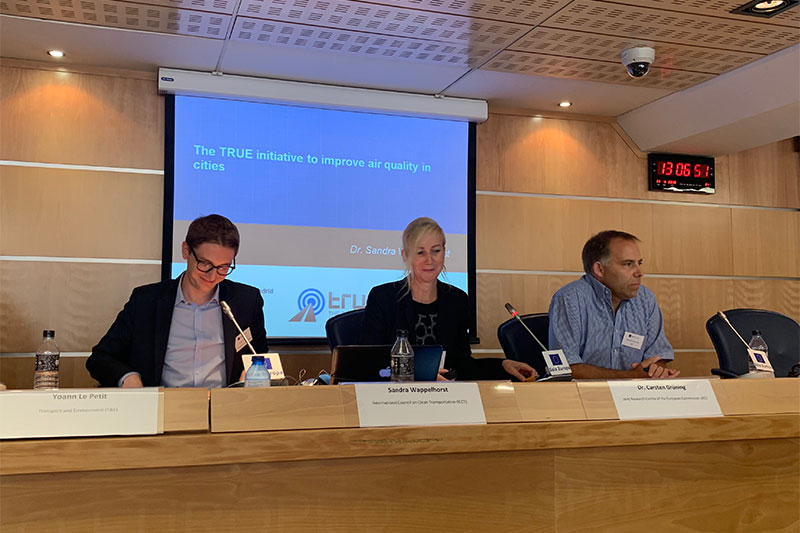
The Real Urban Emissions (TRUE) Initiative was presented at the LIFE GySTRA conference “Car Exhaust and environmental policies: The Potential of Remote Sensing” at the European Commission Representative in Madrid on 28 June 2019.
The LIFE GySTRA project, funded by the European Union, seeks to create a new sustainable mobility policy based on empirical information on road traffic emissions. The conference was hosted by OPUS Remote Sensing Europe (OPUS RSE), providing first results of the LIFE GySTRA project to over 100 leading European stakeholders, including industry scientists, politicians, authorities, and environmental organisations. Throughout the conference, themes included ‘Remote sensing to complement low emission zones in cities’ and ‘Europe’s vision of Remote Sensing’.
Dr Sandra Wappelhorst of the International Council on Clean Transportation (ICCT), presented TRUE’s work on improving air quality in cities. She highlighted recent ICCT research showing around 11,400 people die early each year in Europe as a result of excess diesel NOx emissions produced by vehicles designed to flout Euro emissions standards, a practice reveals by the ‘dieselgate’ scandal. To avoid further health impacts, she emphasized that real-world vehicle emission data is crucial for informed and effective policy-making in cities and to provide consumers with the information needed to make cleaner purchasing choices.
TRUE’s testing in London showed that real-world vehicle emissions data – higher than type approval limits – can have a direct impact on the efficacy of policy measures; following testing in the city, the Mayor of London made policy changes for the city’s iconic black cabs to improve air quality more quickly. In order to eliminate vehicle pollution, she stressed that cities could leverage real-world emissions data to change consumers make better vehicle purchasing decisions as well as calculate and compare the potential impact of different policy options to help city authorities to select the best options.
One key output of the conference was that failure to meet vehicle type approval limits can impact the health of people if exposed to pollutant emissions long-term. In this respect, low emissions zones such as the ‘Ultra Low Emission Zone’ in London or the ‘Madrid Central’ are an important measure to improve air quality in cities and to tackle health issues. The positive effects could even be increased if using real-world emissions data, as highlighted by different speakers at the conference. It was concluded that to best tackle air pollution, cities should implement remote sensing to better understand their vehicle fleet before making decisions on policy actions or adaptions.
